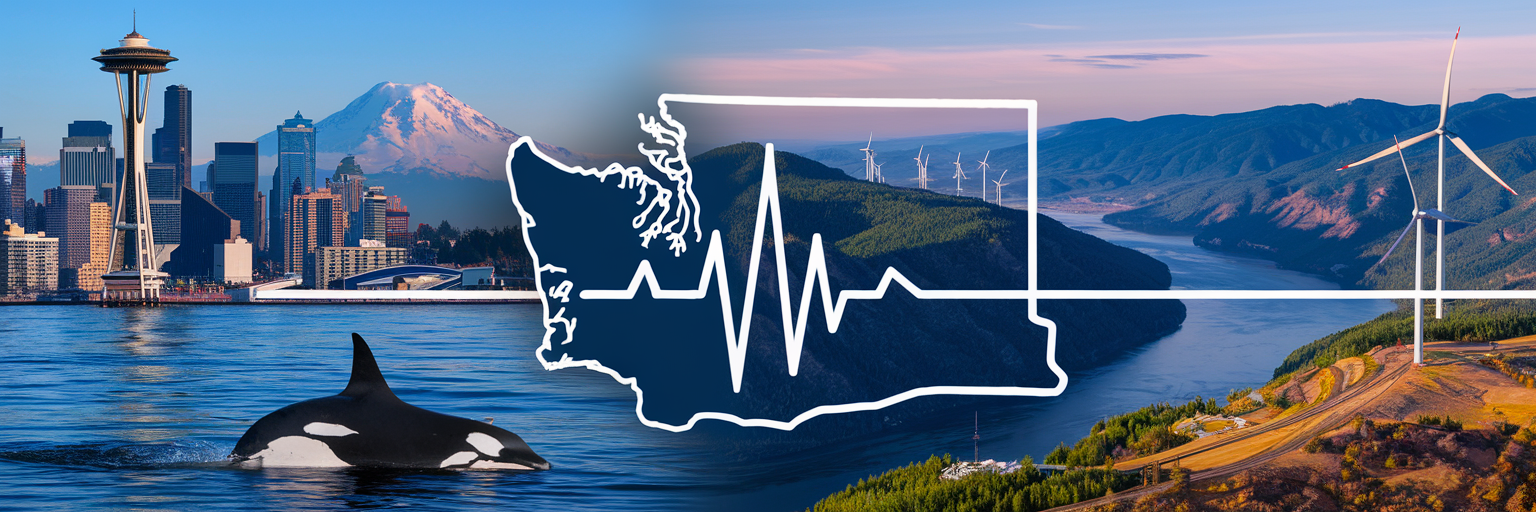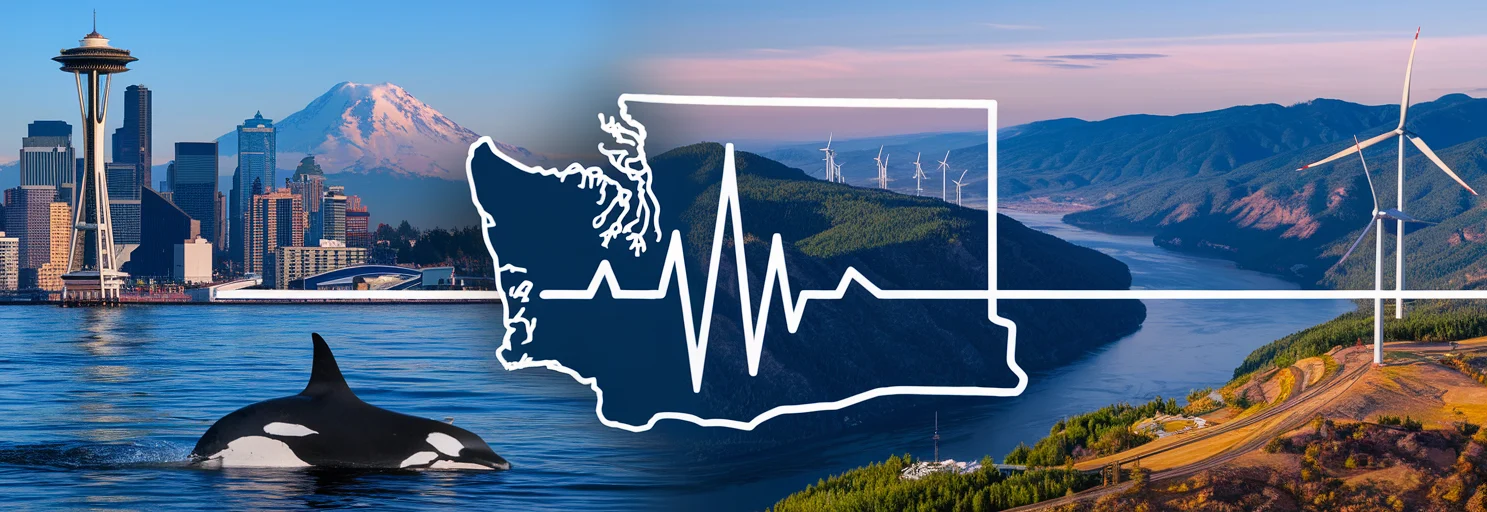Central questions for Americans, and for progressives in particular, are: Should we be in favor of top-down Big Government that serves the people? Or will government always serve the 1%? Should we instead be libertarians or anarchists who want small government? Should we promote bottom-up, collaborative economies and societies?
I am reminded of these questions because of
an essay written by peace activist Marc-Eliot Stein, who works as a tech guru for World Beyond War. Stein calls himself a libertarian and an anarchopacifist.
Libertarians and anarchists are kissing cousins. Indeed, Noam Chomsky calls himself an
anarcho-syndicalist and
libertarian socialist . That always struck me as odd, since that places Chomsky in bed with people such as Charles Koch (an arch capitalist libertarian).
Typically, one thinks of progressives and socialists as being on opposite sides of the political spectrum from libertarians. Socialists want Big Government that serves the people. Libertarians want no government or minimal government.
If you don’t like big government because it fights wars, wastes money, and allies with big corporations, is the solution to get rid of government? Or is it to fix government so it serves the 99%. Without government, what and who is going to prevent big corporations and other private entities from accruing power? Corporate libertarians dislike government insofar as it regulates and taxes them. But corporations need governments to enforce contract law, to do policing, to prevent monopolies, and often for government contracts. Government is like the operating system; corporations and workers are like the applications programs running on the operating system of government laws and regulations.
Progressives think we need government for Medicare for All, public education, public transportation, labor laws, civil rights enforcement, courts, public utilities, and a social safety net. Progressives want high taxation.
Traditionally, liberals, progressives, and socialists want a big role for government. Nationalizing the weapons industry could help remove the profit-motive from militarism. And leftists often say that it would be fairer and more efficient to have government-run (or government-funded) healthcare, transportation, insurance, public financing of election, public broadcasting, education, and public utilities. Libertarians want almost everything privatized; that could lessen militarism if libertarians want a small “defense” sector, with less overseas presence.
Libertarianism and anarchism have always struck me as silly fantasies that will end up empowering the corporations and the rich. We need a benevolent government to provide services, to balance the power of private corporations, and to provide a social safety net. We can’t put the cat of big government back into the bag.
But how do you get from here to there, that ideal world without government and other hierarchy?
What we have now, and what is increasing, is corporate fascism, where corporations and the 1% use government to enrich themselves and oppress the people. That combines the worst aspects government and capitalism. Trump and his billionaire buddies want to dismantle only the parts of the government that serve the 99%.
In an ideal world there’d be no need for big government, and people could work bottom-up and locally. But now there are huge corporations and nations. In order to get to the ideal world (in the infinitely distant future) we need to first reform and fix government, which is needed, anyway, to rein in the corporate/private power. In the meantime, we can work to build bottom-up, cooperative forms of economic activity that don’t depend on big government. But opposing government in general seems wrong-headed to me.


